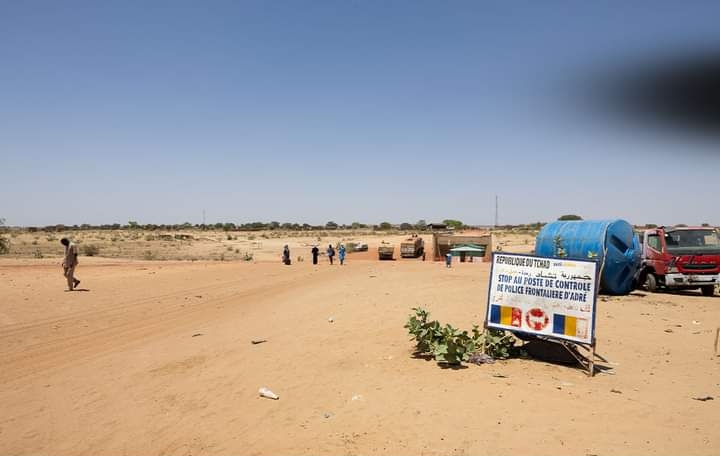By Adeyemi Adekunle
Sudan’s sovereign council has granted permission for the use of the Adre border crossing with Chad for a period of three months.
This decision comes as a crucial and long-awaited move by humanitarian agencies to facilitate the delivery of aid to the vulnerable areas of the Darfur region, which are currently facing the looming threat of famine.
The Darfur region has been grappling with severe food shortages, affecting more than 6 million people, according to global monitors.
The situation is particularly dire in areas predominantly controlled by the Rapid Support Forces (RSF), which have been in a prolonged conflict with the national army, leading to a protracted 16-month war that has exacerbated the risk of famine, notably in North Darfur’s Zamzam camp.
The government’s prior blockade of aid deliveries through the Adre crossing, citing concerns of weapons smuggling into RSF-controlled territory, had severely impacted the humanitarian efforts in the region.
However, in a positive turn of events, the Sudanese authorities have now heeded the calls of the international community and humanitarian organizations to grant access through the Adre border crossing, providing a ray of hope for the delivery of essential aid supplies to the affected population.
Earlier allegations pointing to the RSF receiving weapons deliveries through Chad from the United Arab Emirates had raised concerns and contributed to the restrictions on utilizing the Adre crossing.
While the UAE and RSF have vehemently denied these claims, the ability to now access this vital crossing point holds the promise of alleviating the dire humanitarian situation in Darfur.
Humanitarian agencies have emphasized that the prohibition on using the Adre crossing, which is physically controlled by the RSF, had led to thousands of tons of aid being stranded in Chad.
The inundation of the army’s only approved crossing point into the region, al-Tina, due to heavy rains further compounded the challenges of aid delivery.
The decision to open up the Adre border crossing for humanitarian access marks a pivotal step towards addressing the urgent needs of the vulnerable population in Darfur.
As aid agencies express optimism about the potential impact of this development, the move is poised to facilitate the timely and efficient delivery of aid to the areas in critical need, potentially mitigating the threat of famine and offering crucial relief to the affected communities.




